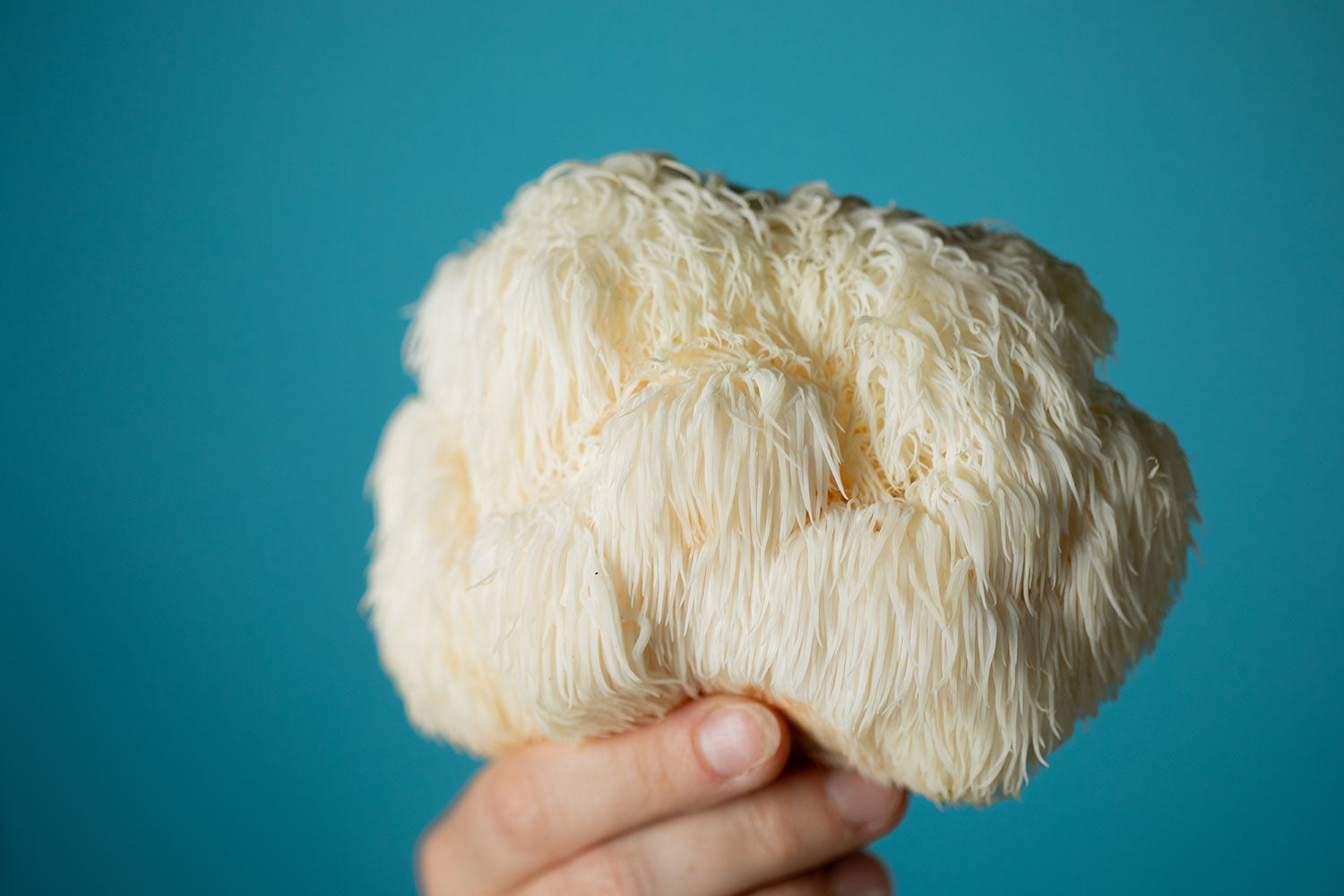Reishi: An Immune-Boosting, Detoxifying, and Calming Fall-Time, All-Time Mushroom
2 minute read

Fall Wellness and Reishi’s Role
Reishi mushroom, known as the 'mushroom of immortality,' plays a significant role in traditional Chinese medicine (TCM) for boosting overall health, particularly during the fall season. In TCM, each season aligns with specific organs and elements. Fall connects to the lungs and large intestine, which manage immune function and detoxification. Reishi's properties support this seasonal transition, making it an excellent choice for enhancing autumn health (1).
Enhancing Respiratory Health
During fall, TCM emphasizes the need to cleanse and strengthen the lungs, which are especially vulnerable to dryness and external pathogens. Reishi’s adaptogenic and immune-boosting qualities enhance respiratory health and strengthen the body’s defenses against seasonal illnesses (2). Its anti-inflammatory effects also aid in detoxification, supporting the lungs and large intestine to maintain balance and effectively eliminate waste (1).
Liver & Skin Support for Seasonal Transition
Reishi also supports the liver and skin, both of which are influenced by the fall season. As the liver plays a crucial role in detoxification, Reishi’s liver-supporting abilities help the body process and eliminate toxins, reducing strain during seasonal changes (3). Additionally, Reishi's antioxidants combat oxidative stress on the skin, promoting a healthy complexion as temperatures drop and humidity decreases (4).
Calming Adaptogenic Properties for Stress Resilience
By aligning with the season’s natural rhythms, Reishi is a versatile and valuable addition to your wellness routine. Consider taking it in the evening or before bed for optimal benefits, as its calming adaptogenic properties promote relaxation and support restful sleep, helping you adapt to fall’s demands on the body.
Disclaimer: While reishi mushrooms offer various health benefits, always consult with a healthcare provider before adding any new supplement to your routine, especially if you have pre-existing conditions or are on medication."

References
- Wachtel-Galor, S., Yuen, J., Buswell, J. A., & Benzie, I. F. F. (2011). Ganoderma lucidum (Lingzhi or Reishi): A medicinal mushroom. In I. F. F. Benzie & S. Wachtel-Galor (Eds.), Herbal Medicine: Biomolecular and Clinical Aspects (2nd ed., Chapter 9). CRC Press. Link
- Ekiz, E., Oz, E., Abd El-Aty, A. M., Proestos, C., Brennan, C., Zeng, M., Tomasevic, I., Elobeid, T., Çadırcı, K., Bayrak, M., & Oz, F. (2023). Exploring the potential medicinal benefits of Ganoderma lucidum: From metabolic disorders to coronavirus infections. Foods, 12(7), 1512. Link
- Zhang, X.-t., Yang, Y., Ji, C., Fu, Y., Pu, X., & Xu, G. (2024). Ganoderma lucidum polysaccharides reduce the severity of acute liver injury by improving the diversity and function of the gut microbiota. Heliyon, 10(15), e35559. Link
- Wachtel-Galor, S., Tomlinson, B., & Benzie, I. F. F. (2004). Ganoderma lucidum ("Lingzhi"), a Chinese medicinal mushroom: Biomarker responses in a controlled human supplementation study. British Journal of Nutrition, 91(2), 263-269. Link
Leave a comment
All comments are moderated before being published.
This site is protected by hCaptcha and the hCaptcha Privacy Policy and Terms of Service apply.


